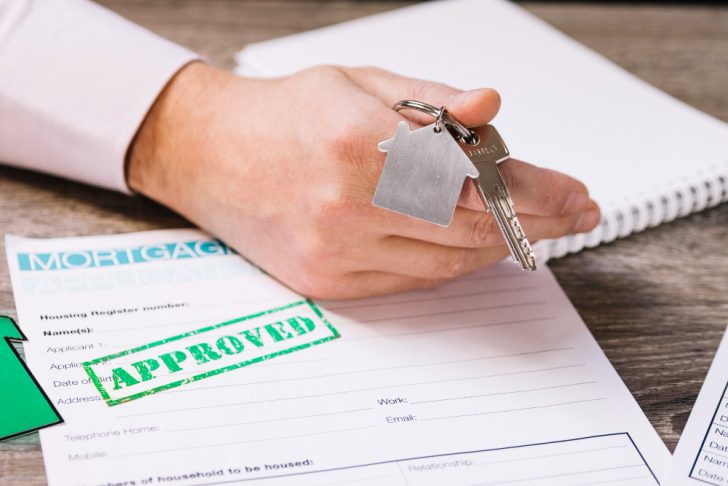How long does mortgage approval take? This question often comes up frequently for anyone navigating the home-buying process. The time it takes to get a mortgage approved can vary widely depending on several factors, such as the lender, the buyer’s financial profile, and the property involved. This comprehensive will provide everything you need to know about the mortgage approval process.
How Long Does Mortgage Approval Take?
In most cases, mortgage approval takes between two to six weeks. The process can be faster if all your paperwork is in order and the lender has everything they need. However, it's not uncommon for complications to arise, such as discrepancies in your income verification or delays in the property valuation, which can extend the approval period.
It's worth noting that certain lenders can expedite the process, approving mortgages in as little as 24 hours. However, this is rare and typically only applies to buyers with flawless financial records and properties that have no outstanding issues.
The Mortgage Pre-Approval Stage
The process usually begins with a mortgage pre-approval. This stage is quicker than full approval and helps you get an estimate of how much you can borrow. The pre-approval process often takes just a few days, provided you have all the necessary documents on hand, like proof of income, credit score, and bank statements.
Although a mortgage pre-approval isn't a guarantee that the lender will issue you a loan, it assures you and the seller that the deal can move forward. A pre-approval can also speed up the final approval process once you've made an offer on a property.
What Affects the Timeline for Mortgage Approval?
Several elements influence how long it takes to get a mortgage approved. A credit score is one of the primary factors. The lender will process your application more quickly if you have a strong credit history. Conversely, if your credit is less than stellar, they may require more time to review your financial situation.
Another crucial element is the mortgage valuation. Before the lender agrees to lend you money, they will conduct a valuation of the property to ensure that it's worth the amount you're paying. This valuation can take anywhere from a few days to a couple of weeks, depending on the availability of surveyors and the complexity of the property. Delays in the valuation process can extend the overall mortgage approval timeline.
Steps to Speed Up Your Mortgage Application
There are a few things you can do to expedite your mortgage application. First, ensure you have all the required documentation readily available. Lenders will need to see proof of income, tax returns, and bank statements. Providing these documents upfront can prevent delays later in the process.

RDNE Stock project | Pexels | Providing all the required documents upfront can speed up your mortgage application.
Another way to speed things up is to work with a mortgage broker. Brokers are familiar with the latest deals and can help match you with a lender more quickly than if you were to research it yourself. They also handle much of the communication between you, the lender, and other parties, which can significantly reduce the timeline.
The Impact of the Mortgage Valuation
Valuation is one of the most time-consuming aspects of the mortgage approval process. The lender instructs a surveyor to assess the property, ensuring it is worth the agreed purchase price and that there are no major structural issues. Depending on how quickly the surveyor can access the property, this process can take anywhere from a few days to two weeks.
Once the surveyor completes the valuation, the report is sent to the lender’s underwriter. The underwriter will then review all the information to ensure that everything checks out, which typically takes a few more days. At this point, if all is well, the lender will issue a formal mortgage offer.
What to Do if There Are Delays
Delays in the mortgage approval process are not uncommon. The most frequent causes of delays include incomplete documentation, a low credit score, or complications during the valuation. If your application takes longer than expected, it is essential to stay in touch with your lender and ask for updates.
Working with an experienced solicitor can also help mitigate delays, as they will be able to navigate any legal issues that arise during the home-buying process. Additionally, keeping your credit and finances in good standing throughout the process will prevent potential issues from cropping up at the last minute.


